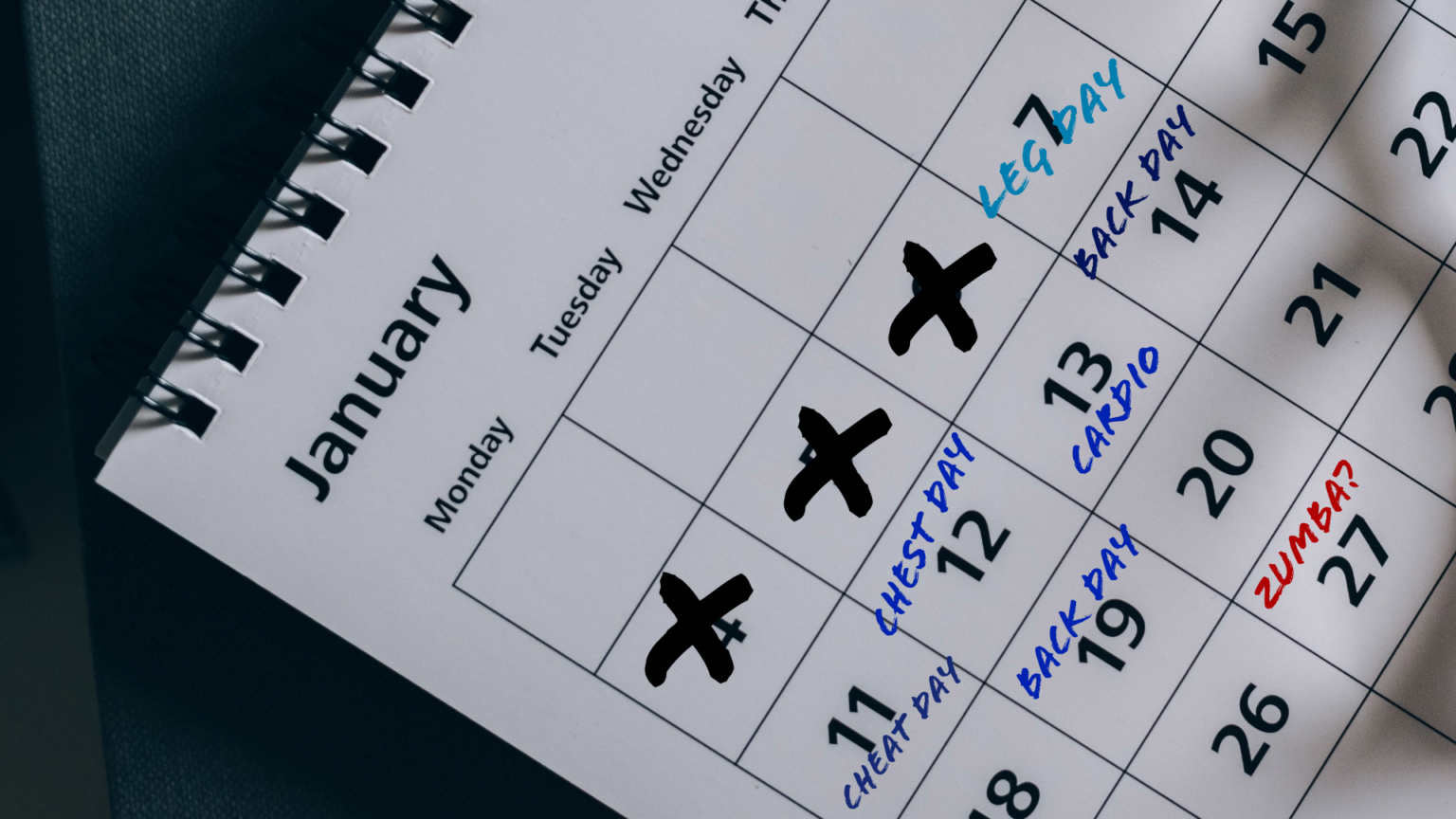
Written by James Shannon

Are you starting your New Year’s Resolutions?
For some people, they last all year. For some a month. However, most last a couple of weeks. We’ve all been the ones ghosting our gym membership or sleeping while our 6 am run club goes by. It’s winter. It’s cold. It’s grim. And we can’t be bothered with the activities we started.
Next Year’s Resolutions, on the other hand, are something different. Yes, they sound very similar so let me explain.
They both take January as an arbitrary point in time, which for New Year Resolutions means that you write off December (and maybe some of November) waiting for January 1st to get started. For Next Year’s Resolutions, you think about what you want to achieve by the next new year. Consciously and conscientiously planning how to achieve your goals and the steps you will take to deliver the desired outcomes.
So stop thinking about activities you want to try and start thinking of who you want to be.
New year is an arbitrary time but it’s also when you get a little space to reflect on where you are now and where you want to be. You can sit down and think about what change you want to see. That means figuring out what you want, what will move you forward and why you want it. It does not mean telling people you were doing Veganuary. You can decide that you want to be stronger, for example, and what that means for you. The thinking time also means you can do a little research and learn what you need to do to get there. Maybe even a few milestones or a roadmap to reaching the marathon running distance. The main differences between New Year’s Resolutions and Next Year’s Resolutions are intent and having a plan. If you can get those parts set in your mind, then the rest of this article will help you get there.
So, how can you reach your outcomes?
It starts when you choose them. You have to be SMART about it so that you set off in the right direction. There are five ideas that should be used to define your goal, and their acronym happens to spell SMART.
Specific – For example, ‘I will get fitter’ is not specific. Try breaking it down into components of the fitness you want. Will you be able to run long distances, or will you have the mobility to touch your toes?
Measurable – If you’re specific enough, you will already know the measurement, e.g. being able to touch your toes. However, you can add measurements to any specific outcome. Running long distances could be a 5km run in 50 minutes. Strength could be deadlifting 100kg for ten reps.
Achievable – Now you’re thinking in detail, it’s easy to imagine a dream future. The challenge is to set outcomes that are aspirational but not impossible. If you aren’t currently into running, is a 7-minute mile achievable?
Relevant – Your outcomes must be things you want; otherwise, they might not motivate you enough to get through to the end. Making them relevant to your life will help.
Time-Bound – Well, this one should be easy to understand. You have until the New Year. Simples. However, you can combine time with the measurement part to give you milestones and help you track your progress.
OK! So now you have your outcomes and milestones. Now, you need to make progress a habit.
Many articles will tell you that a habit is formed in 21 days, but that is only part of the story. Next Year’s Resolutions are building the future, so you want the habit to be second nature, to be automatic. On average, it takes more than two months before a new behaviour becomes automatic — 66 days, to be exact. How long it takes to form a new habit can vary widely depending on the behaviour, the person, and the circumstances. In Lally’s study, it took anywhere from 18 days to 254, so be patient if you aren’t feeling it as soon as you hope. This study also says it doesn’t knock you off if you miss a day, so feel free to have the cheat day or go for the drinks.
For bonus points, the links below give you extra tips to keep you on track.